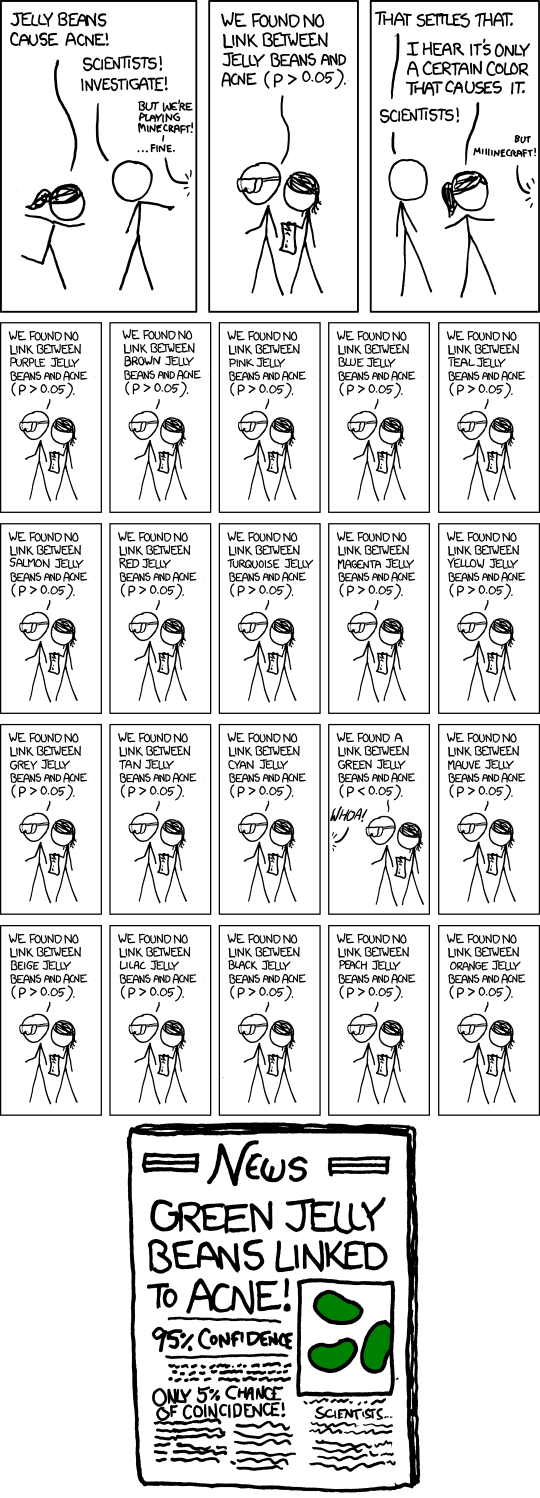
This article uses examples to briefly present and explain certain of such questionable research practices (QRPs).

In psychiatry and in psychopharmacology, as in other branches of medicine, researchers may knowingly or unknowingly violate scientific principles when analyzing their data and, afterward, when communicating their results in their research papers to the scientific community. This knowledge must become widespread so that researchers and readers understand what approaches to statistical analysis and reporting amount to scientific misconduct. This article explains what these QRPs are and why they are QRPs.

Data dredging and data mining describe the extensive testing of relationships between a large number of variables for which data are available, usually in a database. A fishing expedition is the indiscriminate testing of associations between different combinations of variables not with specific hypotheses in mind but with the hope of finding something that is statistically significant in the data. P-hacking is the relentless analysis of data with an intent to obtain a statistically significant result, usually to support the researcher’s hypothesis. Cherry-picking is the presentation of favorable evidence with the concealment of unfavorable evidence. HARKing (Hypothesizing After the Results are Known) is the presentation of a post hoc hypothesis as an a priori hypothesis.

Questionable research practices (QRPs) in the statistical analysis of data and in the presentation of the results in research papers include HARKing, cherry-picking, P-hacking, fishing, and data dredging or mining.


 0 kommentar(er)
0 kommentar(er)
